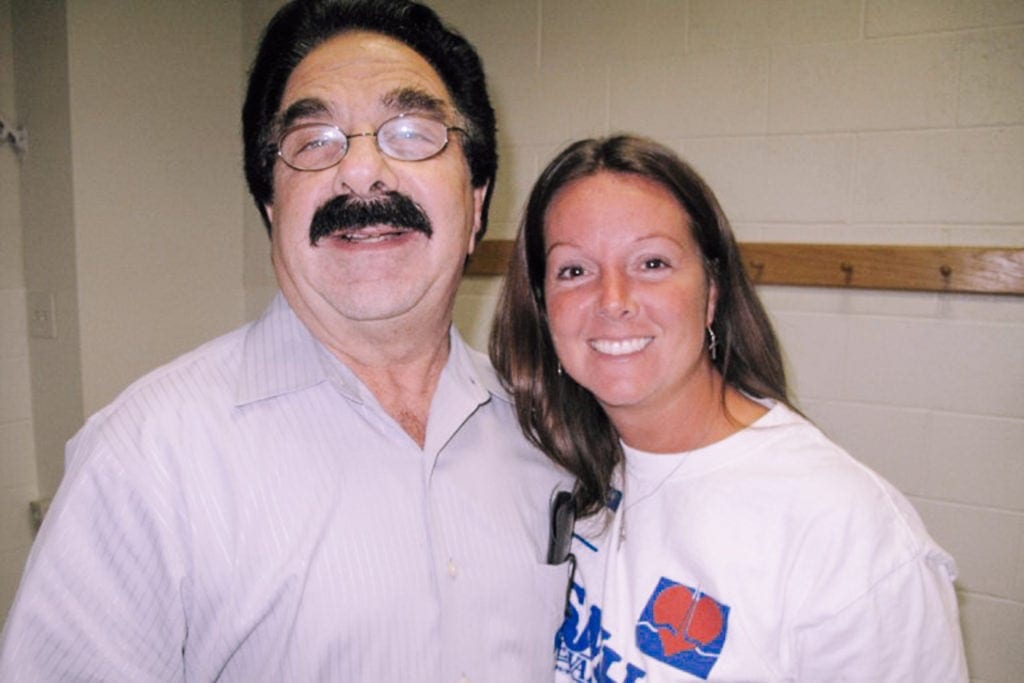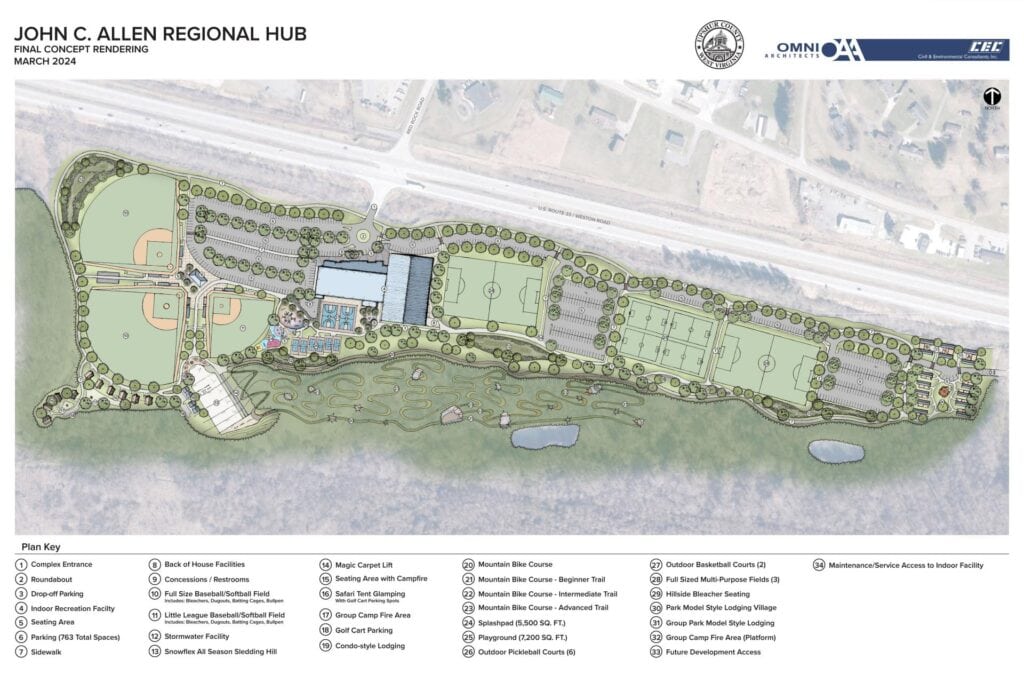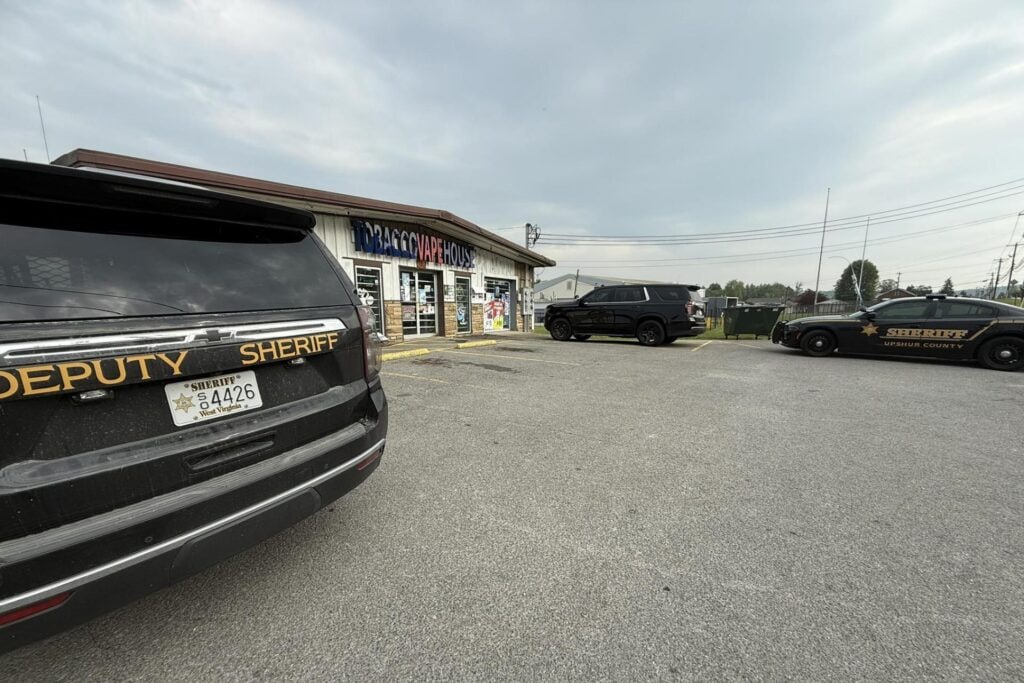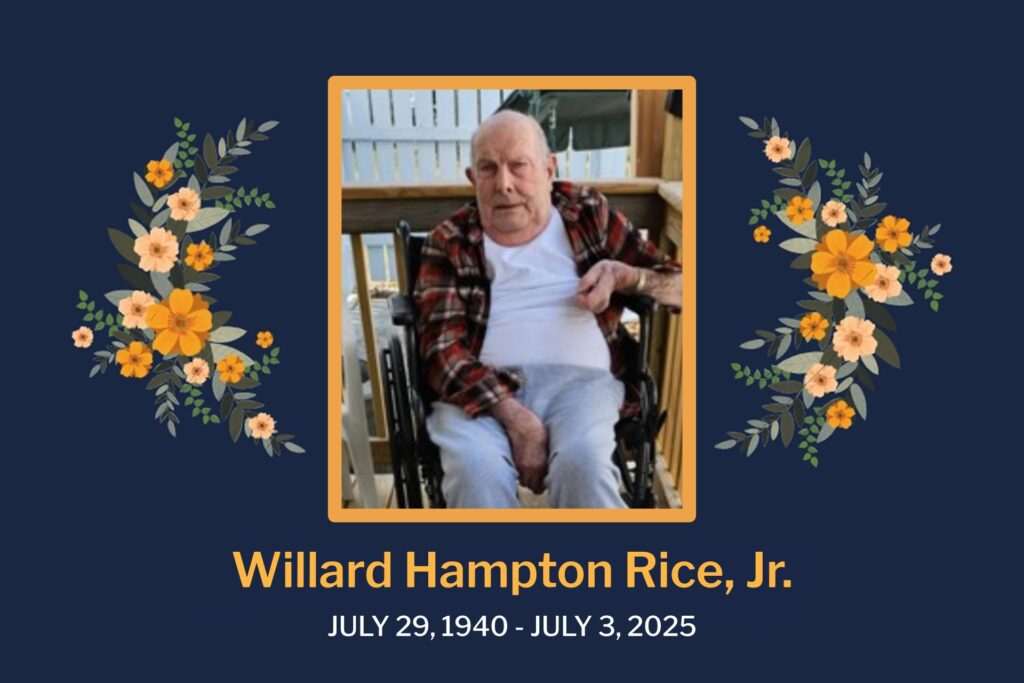Stonewall Jackson Memorial Hospital will be celebrating the 40th anniversary of the creation of the very successful Cardiac Rehabilitation Department. An open house and healthy luncheon will be held on June 20, at the Weston facility. As well as celebrating this milestone, the Hospital will also celebrate another anniversary. 1979 was the year that Dr. Frank “Dr. Scatt” Scattaregia came to Weston. Because of his residency training in Pittsburgh, he also became instrumental in the creation of the Cardiac Rehab Department.
He is the son of the late Frank and Nicolette Scattaregia, of Pittsburgh. He received a chemical engineering degree from Carnegie Mellon; a master of Public Health from Pitt; graduated from medical school at the University of Bologna, Italy; and did his residency at West Penn Hospital, Pittsburgh. He and his wife, Nina, live in Buckhannon, where she has a dance studio and is an adjunct professor of dance at WV Wesleyan.
Over the past 40 years, Dr. Scattaregia has been very happy to be part of the cardiac program, which has grown tremendously from the start. As noted, his first interest in cardiac rehab took shape during his residency at West Penn Hospital when any strategy for improving one’s health after a heart attack was non-existent. He attributes the growth of the local department to the great staff and hospital leadership over those four decades.
“We have always had great staff here who were totally devoted to our patients. Word of mouth about the importance of the program has been a great benefit so that the department has a regional reputation,” he explained.
He also explained how cardiac rehabilitation has evolved.
“Forty years ago, when a person had a heart attack, the doctors put them in bed with pain medication and rest…nothing preventative was ever suggested. In that era, people were still smoking cigarettes and having heart attacks at a young age. With cardiac rehab, we are able to help people recover and continue healthful lives.”
He said that there were no balloons, stents, or catheterizations decades ago. It was not long before medicine discovered that diet improvement, exercise, education, and de-stressing would benefit the cardiac patient. Participation in a cardiac rehabilitation program following a heart attack helps people live longer and better. Instead of being an invalid for the remainder for their life, a heart patient could return to work.
Dr. Scattaregia explained that there is now better knowledge of heart disease. He also indicated he was thankful for the involvement of the cardiac rehab patients.
He said “Those patients provided some of the best marketing for the program. Because of its success, one of the outgrowths of the program was the creation of an adult fitness program. I hope that with the rehab program that the Hospital will continue to promote more wellness for residents including changes to diet.”
For the health of a person with cardiac issues, the importance of cardiac rehabilitation cannot be understated. The long-term outcome for a cardiac patient can improve a person’s life span by as much as thirty percent.
The 12-week program of exercise together with lifestyle and nutrition education is a well-documented method for improving quality of life and maybe even the likelihood of survival after a heart attack or surgery. Unfortunately, only about two-thirds of people who have undergone a procedure for coronary artery disease are referred for cardiac rehabilitation by their physicians, according to a study in the May 2015 Journal of the American College of Cardiology. Of those, only about a quarter actually attended, and a mere fraction completed the recommended 36 sessions.
If a patient has had a cardiac event and the doctor hasn’t recommended cardiac rehab, the patient should be sure to ask about it. Another avenue is to find a program in the area and to ask them to contact your doctor for the referral. A list of those programs is maintained by the American Association of Cardiovascular and Pulmonary Rehabilitation (www.aacvpr.org).
The staff and medical director Dr. Scattaregia are delighted with the success of the program. Their goal is to make sure that any suitable cardiac patient takes advantage of the good that the program provides.














